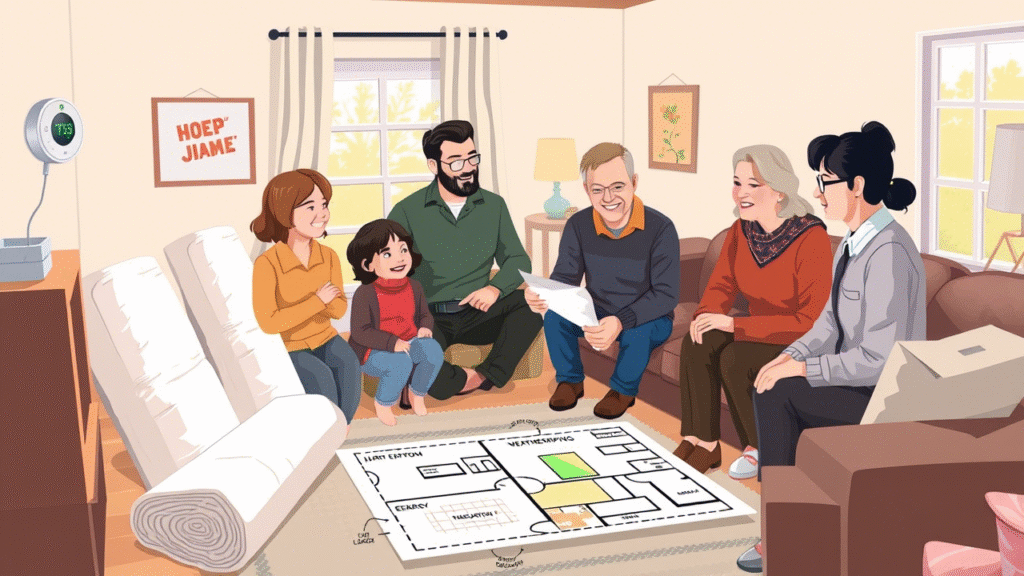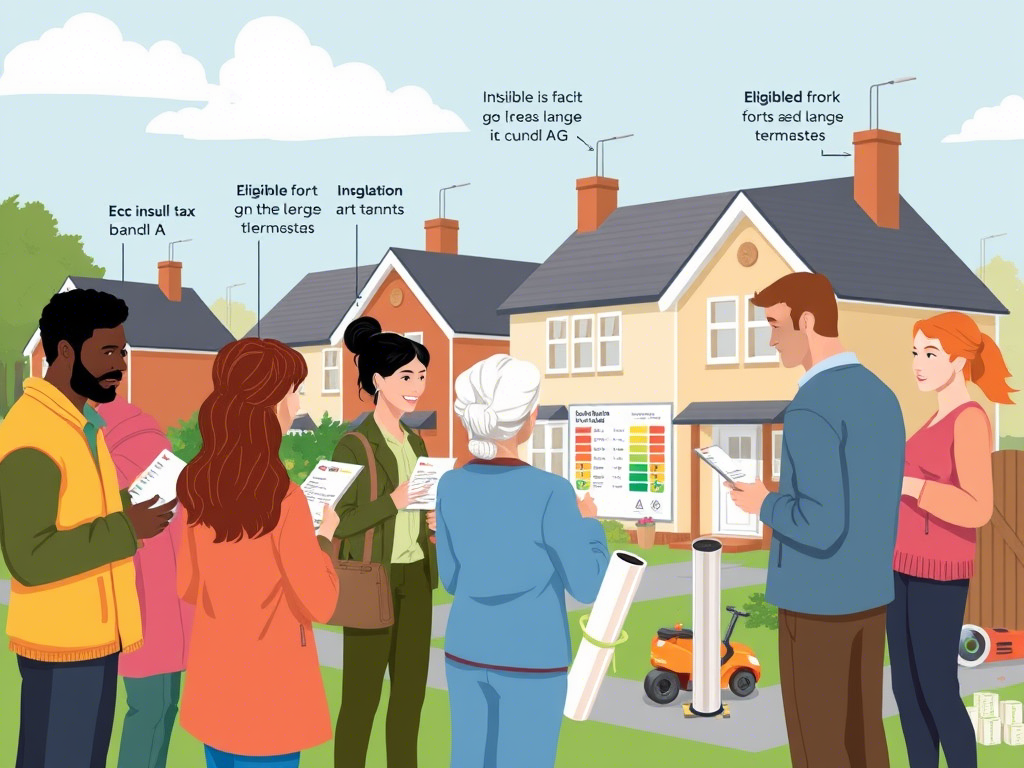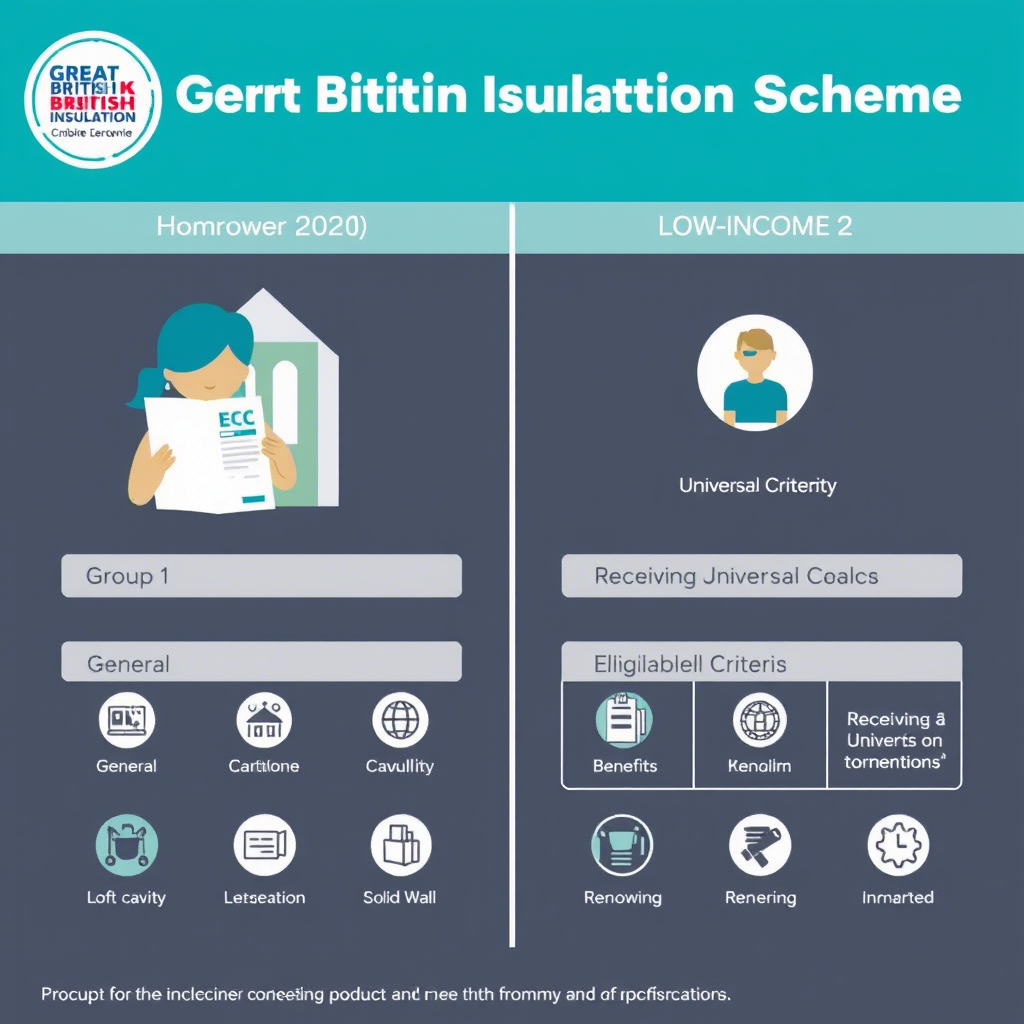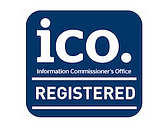Great British Insulation Scheme (GBIS) or the ECO+ Scheme
What is the Great British Insulation Scheme?
The Great British Insulation Scheme (GBIS) is a UK government program that helps people make their homes warmer and more energy efficient. It started in 2023 and will run until 2026. The scheme offers free or low-cost insulation for homes that lose a lot of heat. By improving insulation, it helps cut down on heating costs and energy use. This can save families around £310 a year. The GBIS works alongside the ECO4 scheme but focuses more on single insulation improvements, like loft or wall insulation. It is managed by Ofgem and supports low-income households, as well as homes with low energy ratings from D to G.
Apply for the ECO4 scheme
Who is Eligible for the Great British Insulation Scheme?
The Great British Insulation Scheme helps people across England, Scotland, and Wales improve home insulation to save on energy bills. To qualify, your home and personal situation must meet certain conditions. The scheme is open to both low-income households and those in the general income group, with different support levels available.


Who is Eligible for the Great British Insulation Scheme?
General Eligibility Criteria:
To apply for the scheme, your home must:
- Have an Energy Performance Certificate (EPC) rating of D, E, F, or G
- Fall within the following Council Tax bands:
- A to D in England
- A to E in Scotland and Wales
- A to D in England
- Be owned by a homeowner, landlord, or tenant (tenants must get landlord permission)
Two Main Eligibility Groups:
There are two groups under the scheme with different rules and benefits:
1. General Group (Not means-tested):
- Your home meets the EPC and Council Tax band criteria above
- You are not required to be on any benefits
- Private renters are not eligible in this group
- You can get one insulation measure, such as:
- Loft insulation
- Cavity wall insulation
- Solid wall insulation
- Loft insulation
2. Low-Income Group (Means-tested):
- Your home meets the same EPC and Council Tax band rules
- You must receive at least one of the following benefits:
- Universal Credit
- Pension Credit (Guarantee or Savings Credit)
- Income Support
- Housing Benefit
- Income-based Job Seeker’s Allowance (JSA)
- Income-related Employment and Support Allowance (ESA)
- Universal Credit
- Some limits apply to private renters:
- Homes with F or G EPC ratings in the private rented sector are not eligible
- Homes with D or E ratings can qualify for insulation only (not heating controls)
- Homes with F or G EPC ratings in the private rented sector are not eligible

Frequently Asked Questions (FAQs)
I'm a landlord can I apply for the scheme?
Yes. The scheme is based on the property, not the person. If your rental property meets the eligibility criteria (EPC rating of D-G and within Council Tax bands A-D in England or A-E in Scotland/Wales), it qualifies.
Note: Landlords are encouraged to bring properties up to EPC band C or higher for long-term compliance.
I own more than one property. Can I apply for each one?
Yes. Every property is assessed individually. If each home meets the EPC and Council Tax criteria, they may all qualify for insulation support under the scheme.
I'm a tenant. Can I still benefit from the scheme?
Yes. Tenants can benefit as long as the home qualifies. However, you’ll need to get permission from your landlord before any work begins.
Tip: Let your landlord know it can increase property value and energy efficiency.
Do I need to be on benefits or have a low income to qualify?
No. The scheme is not means-tested for the general group. You don’t need to be on benefits or have a specific income level. If your home meets the energy and council tax criteria, you may still qualify.
What if I receive benefits—do I get more help?
Yes. If you’re on certain means-tested benefits (like Universal Credit, Pension Credit, or Housing Benefit), you may qualify for additional support through the Low-Income Group.
This group may get priority access to insulation upgrades.
I live in social housing—can I still get help?
Not directly through this scheme. If you live in a council, housing association, or social housing property, you may not be eligible under GBIS. However, support may still be possible through other energy-saving programs. Speak to your housing provider or contact an installer for tailored advice.
What types of insulation are available through the scheme?
The scheme typically covers one insulation measure per property, including:
- Cavity wall insulation – Your cavity walls must not already be insulated.
- Loft insulation – Your current loft insulation must be less than 100mm deep (below the joist height) to qualify.
Only one type of insulation is installed per home under GBIS
How much money can I save with this scheme?
On average, eligible households could save around £310 per year on energy bills by improving home insulation. Actual savings depend on your home’s condition and energy usage.
Who runs the Great British Insulation Scheme?
The GBIS is a UK government-backed program managed by Ofgem, the energy regulator. It is designed to improve energy efficiency, cut carbon emissions, and reduce fuel poverty across Britain.
How long will the scheme be available?
The Great British Insulation Scheme started in 2023 and is expected to run until March 2026, or until government funding ends.




